On Air Now
Early Breakfast with Gary King 4am - 6am
21 July 2022, 17:01
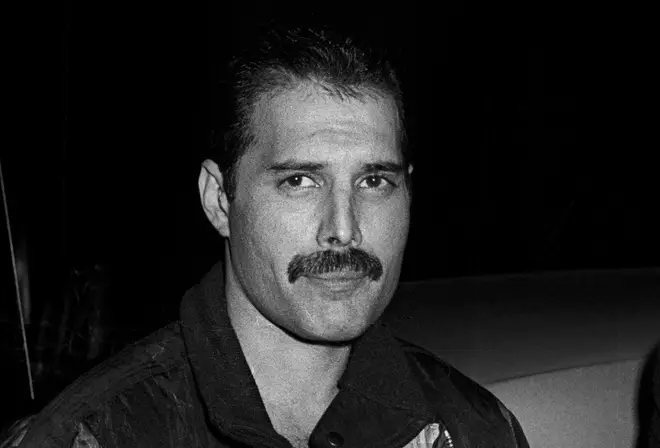
Queen's Freddie Mercury died just hours after releasing a groundbreaking statement confirming he was HIV positive.
Freddie Mercury's life was one of showmanship and originality.
The Queen frontman was known for his colourful stage attire, unrivalled vocals and song-writing abilities, yet kept his personal and private life away from the public eye, with few knowing he was sick before his death on November 24, 1991.
Freddie was last seen on stage with his Queen bandmates at the 1990 Brit Awards and had become increasingly reclusive ever since.
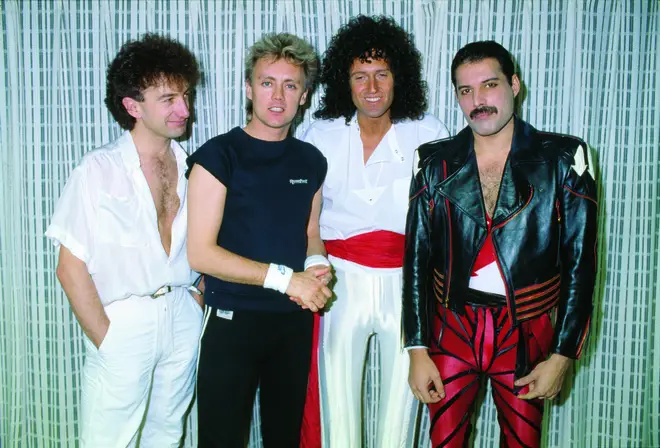

The singer had spent more and more time in his London home with just a small circle of people he could trust, including his assistant Peter Freestone, partner Jim Hutton and best friend Mary Austin.
Privately, the other members of Queen were aware that their enigmatic bandmate and friend was gravely ill, but it was not public knowledge at the time.
Rumours about Freddie's health had been around for years, particularly in tabloids such as The Sun, who claimed he had been tested for HIV/AIDS as early as 1986.
Yet it was on November 23, 1991 – just 24 hours before his death – the public would know the truth about Freddie's health.
In a statement released by his publicist, Roxy Meades, while Freddie was on his death bed, ensuring he had the last word by his naming his illness.
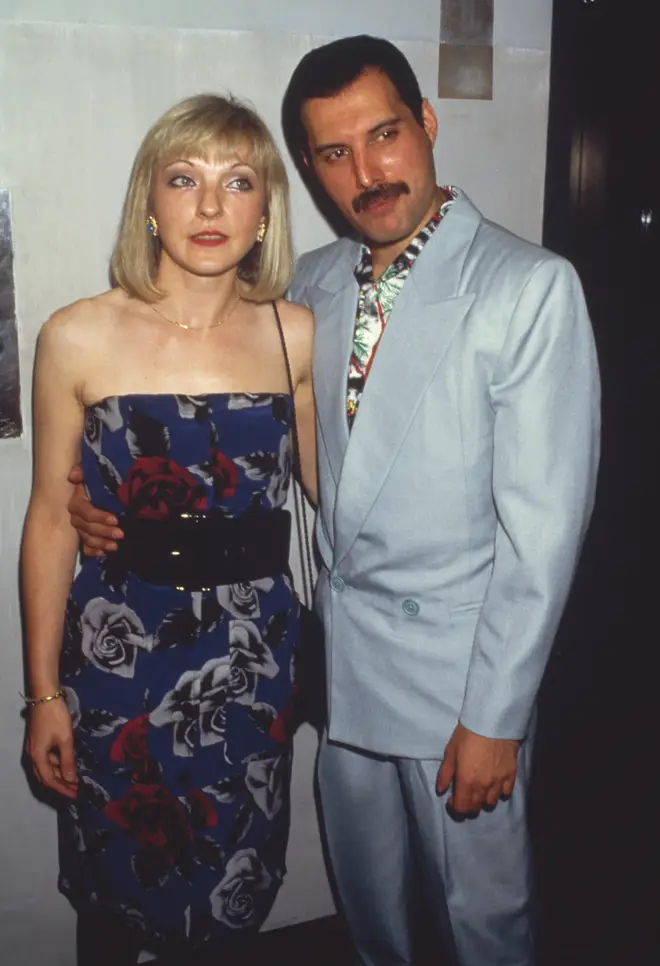
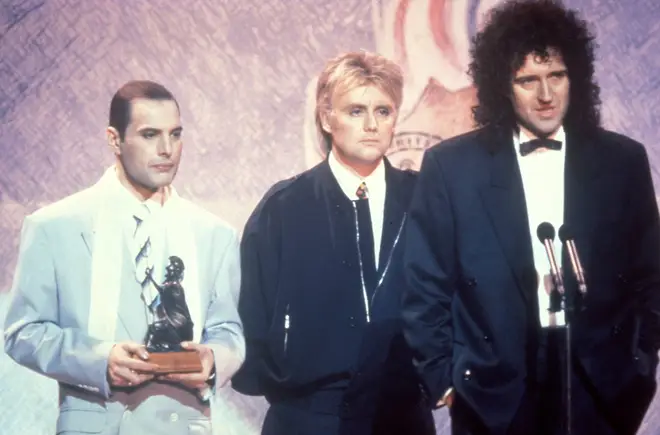
"Following enormous conjecture in the press, I wish to confirm that I have been tested HIV positive and have AIDS," he said in his statement.
"I felt it correct to keep this information private in order to protect the privacy of those around me.
"However, the time has now come for my friends and fans around the world to know the truth, and I hope everyone will join with me, my doctors and all those worldwide in the fight against this terrible disease."
Freddie died just 24 hours later at his beloved home Garden Lodge in Kensington. He was 45 years old.
During a time when there was no cure for AIDS and the lifestyle of homosexuals was frowned upon in many circles, Freddie's proud statement amid the terrifying AIDS epidemic, was groundbreaking.
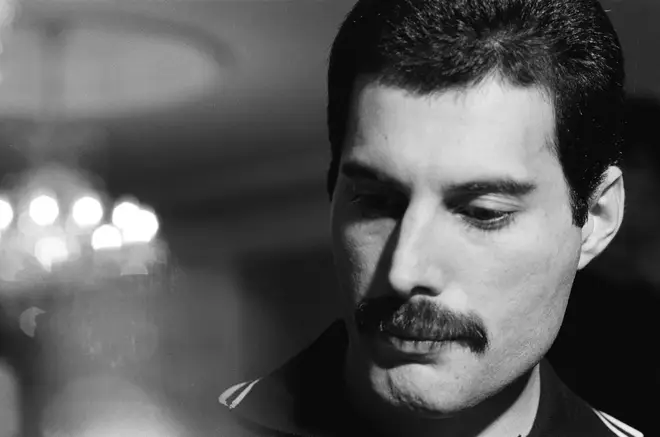
Queen would later say that while they knew their friend was sick, they didn't know the extent of how bad his illness really was and fans of the band were concerned about Freddie due to their lack of tour to support their 1989 album The Miracle.
"We didn’t know actually what was wrong for a very long time," said Brian May. "We never talked about it and it was a sort of unwritten law that we didn’t, because Freddie didn’t want to.
"He just told us that he wasn’t up to doing tours, and that’s as far as it went. Gradually, I suppose in the last year and a bit, it became obvious what the problem was, or at least fairly obvious. We didn’t know for sure."
However, it was at a dinner in Montreux, Switzerland in 1989 that Freddie came clean with his inner circle about just how sick he really was.

Virtual Coffee Break with Queen's Brian May - the full interview
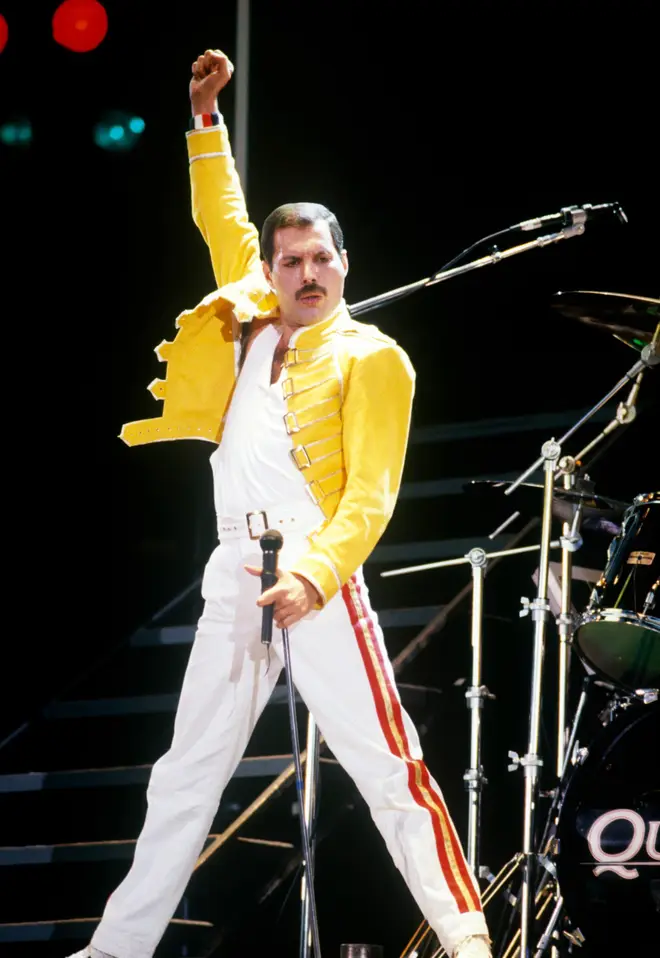
"We knew he was terribly ill; it was really only a confirmation of what we’d guessed," Brian later added.
"He knew that if he did announce it his life would become a circus and he would be prevented from going about his business, which was making music. He wanted it to be business as usual until the end."
Jim Hutton and Freddie Mercury, who had been in a relationship since meeting in a nightclub in 1985, were together right until the end of the star's life.
The couple lived happily in private at Freddie's West London home and both wore wedding rings as a symbol of their commitment to one another.

Keeping the relationship - and Freddie's sexuality to themselves - Jim said after Freddie's death: "We both thought our relationship, and being gay, was our business.”
Freddie Mercury passed away at his Kensington home, Garden Lodge, from bronchial pneumonia due to AIDS-related complications.
His partner Jim Hutton died on January 1, 2010, aged 60, after a long battle with lung cancer.